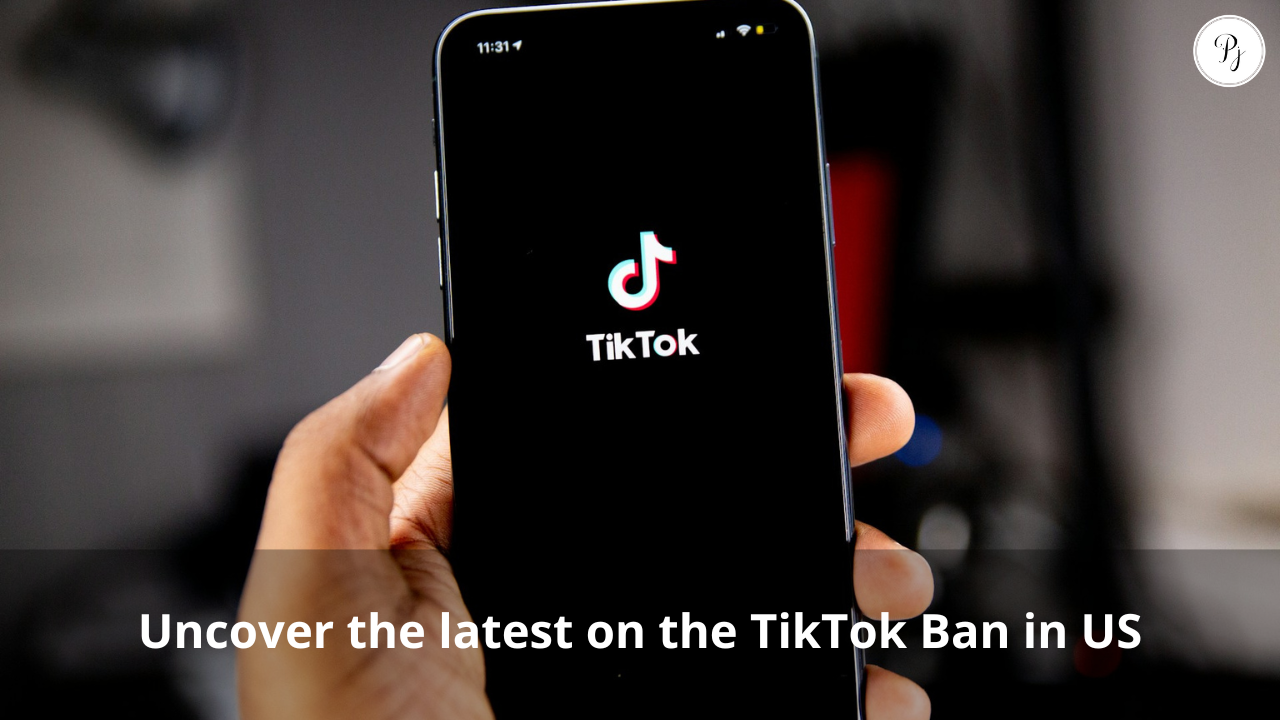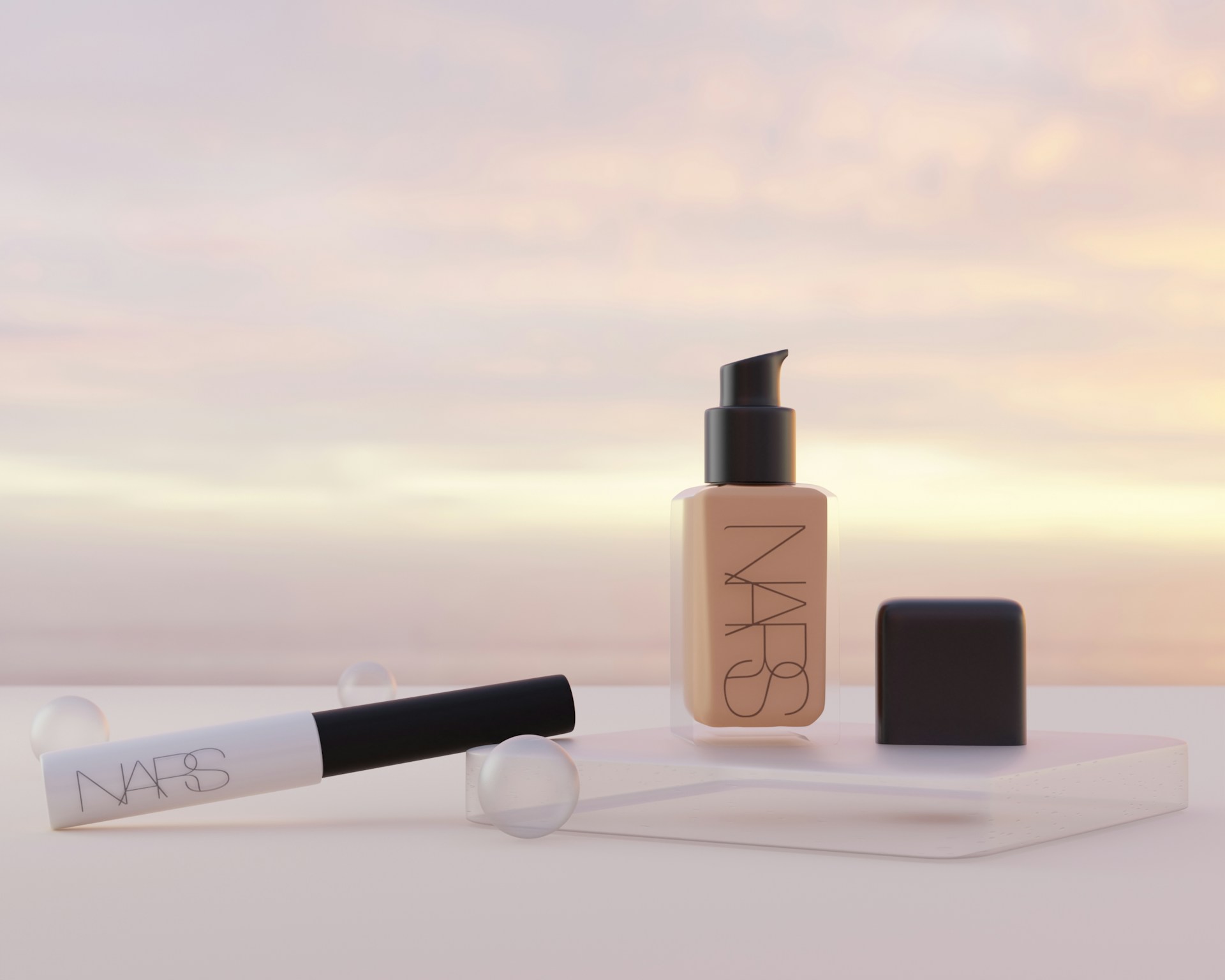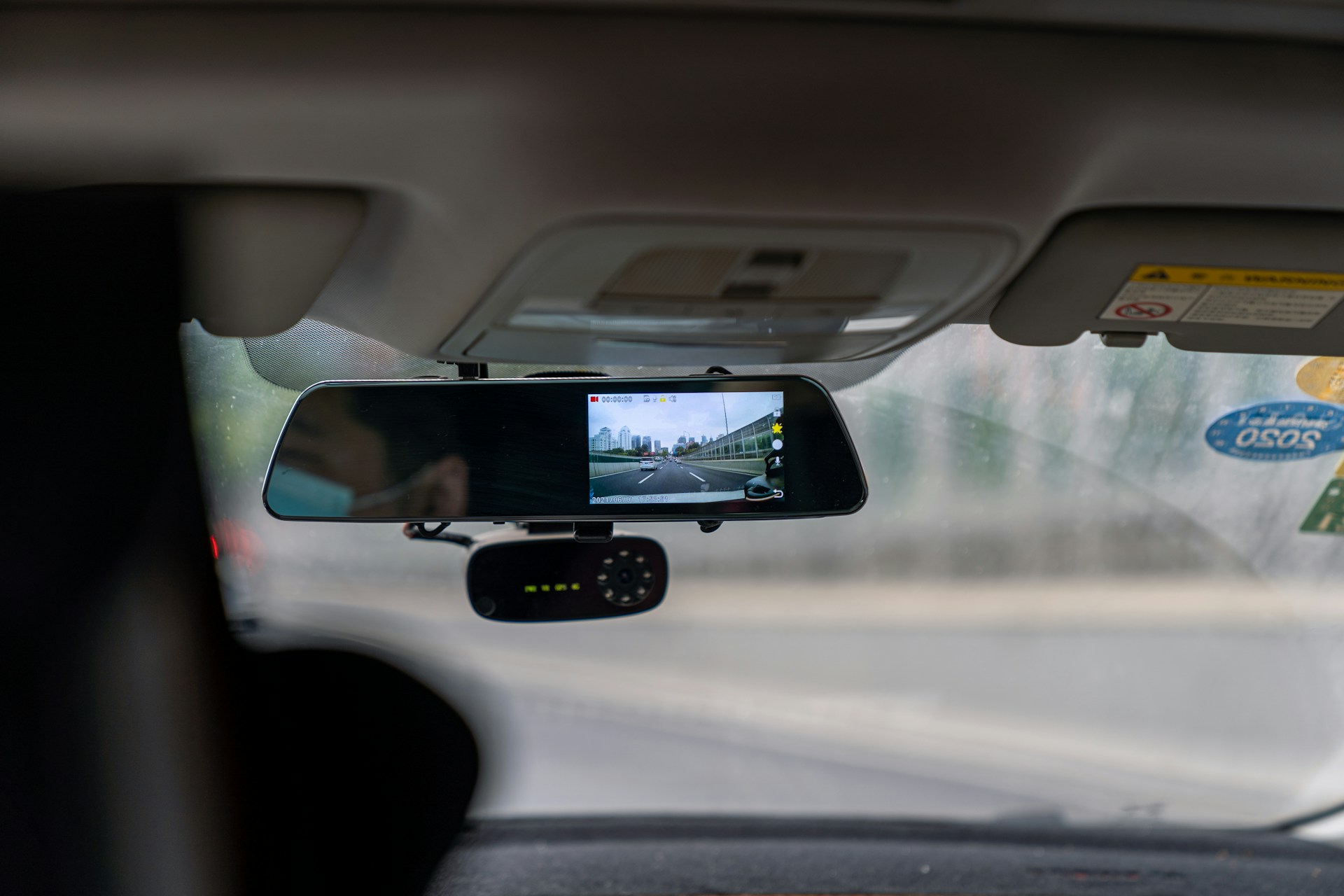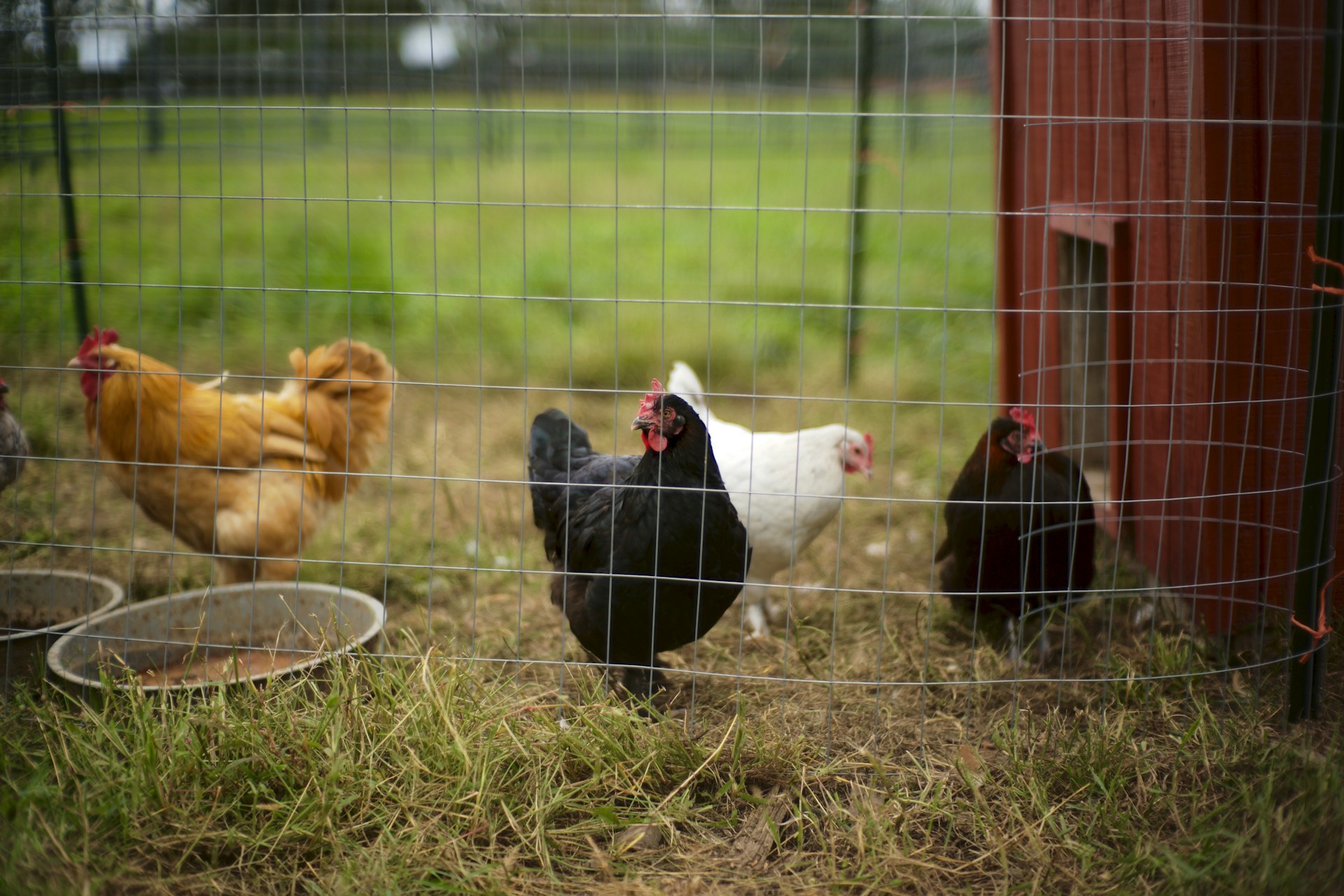Introduction
The “TikTok Ban in US” has become a significant topic of discussion as President Joe Biden signed a bill that could lead to the app’s prohibition. This legislation was introduced due to concerns that TikTok, owned by the Chinese company ByteDance, might pose a national security risk.
The fear is that the Chinese government could access the personal data of American TikTok users. The new law gives ByteDance a deadline to either sell TikTok to a U.S. company or face a ban after the 2024 elections. TikTok has expressed its disagreement with the decision and plans to challenge it in court. The situation has sparked a debate on data privacy, international business relations, and the future of social media in the U.S.
TikTok’s Data Collection Practices
Intense scrutiny and debate have been held on TikTok’s practices in collecting data. The platform, which was known for its brief but engaging web videos, has been alleged to have engaged in abusive data harvesting that raises concerns about user privacy and security. Here is a more detailed look at TikTok data collection practices:
User-Provided Data
- Personal information, e.g. names, email addresses, and profile details are provided by users when creating an account in TikTok. Any content they generate in the app, such as videos, comments, or messages that are not published, will also be included.
Automatically Collected Data
- To automatically collect a large number of data, TikTok relies on sophisticated algorithms. Technical details such as IP addresses, device identifiers, and location data are also included with user permission. The app also collects environmental data, parsing through user-generated content for biometric, visual, and audio cues.
Third-Party Data
- TikTok also collects information from third-party sources, in addition to the user data collected directly. Data from partners or other users that are not directly related to the use of the app may also be included.
Data Collection Methods
- TikTok uses a wide variety of methods to collect data. The app is capable of accessing users’ contact lists, and calendars and even scanning external hard drives. According to cybersecurity experts, it’s capable of geolocating devices on an hourly basis and is described as excessive and invasive.
Data Sharing Practices
-
- TikTok does not sell user data but shares information with third-party partners and advertisers. This sharing is also part of the company’s business model, which relies on targeted advertising based on user behavior and preferences.
Concerns and Criticisms
- There has been widespread criticism of TikTok for its aggressive approach to data collection. The necessity of such extensive data collection has been challenged by experts who have suggested that the app could function efficiently if it were not to collect this level of detail.
- Concerns have been raised about TikTok’s links to the Government of China, given its ownership by ByDancete. It has raised the fear that, under its national intelligence law, it would be possible for China’s government to access user information.
TikTok’s Response
- TikTok has made efforts to clarify its data practices in response to those concerns. The company has stated that it does not collect certain types of sensitive information such as device IMEI, SIM serial number, and integrated circuit card identification numbers. TikTok is encouraging users to download the latest version of the app, which includes important security updates.
TikTok’s data collection practices are an important aspect of the broader debate on user privacy in a Digital Age. As the popularity of this platform increases, its data handling will likely become even more closely monitored and calls for greater transparency and accountability regarding how user data are managed and protected will increase.
The Chinese Connection
A key issue in data security and privacy concerns worldwide has been TikTok’s relationship with the Chinese government. The detailed links that have led to broad skepticism and regulatory scrutiny are addressed in this section.
Ownership and Control
- ByteDance, a company located in Beijing, China is the owner of TikTok. Due to China’s strict control of domestic companies and the potential for government interference, this connection has raised alarm bells.
China’s National Intelligence Law
- Chinese companies and citizens are required to work with the state intelligence services by China’s National Security Law. The law has raised concerns about the possibility of a legal obligation for TikTok to share user data with the Chinese authorities, no matter where users are located.
Data Sovereignty and Jurisdiction
- There is a critical question of data sovereignty. The Chinese authorities may have jurisdiction over user data, which could be contrary to the privacy laws of other countries in which TikTok is active.
TikTok’s Operational Distinctions
- TikTok does not operate within China; instead, ByteDance distributes a substantially similar app known as Douyin for the Chinese market. Despite this separation, the shared ownership has not alleviated concerns about data privacy.
Regulatory Responses
- These concerns have prompted regulatory responses worldwide. In the United States, former President Donald Trump signed an executive order in August 2020 to block downloads of the app and demanded the sale of TikTok’s U.S. operations. The order cited the risk of the Chinese Communist Party accessing Americans’ personal and proprietary information.
TikTok’s Efforts to Reassure
- In response to these concerns, TikTok has made efforts to distance itself from Chinese data laws. The company has repeatedly stated that it stores U.S. user data outside of China and has established a transparency center to reassure users and regulators.
The Debate Over Data Access
- Despite TikTok’s assurances, the debate continues over whether the Chinese government has accessed or could access TikTok’s user data. There is little evidence that TikTok has shared U.S. user data with the Chinese government or that the Chinese government has requested such data.

U.S. Government’s Stance: TikTok ban in US
The U.S. government’s stance on TikTok has been one of increasing concern and action. Here’s an expanded view of the U.S. government’s position and the steps it has taken:
Legislative Actions
- The U.S. House of Representatives passed a bill that could force TikTok’s Chinese owner, ByteDance, to divest from the company or face a ban from U.S. app stores. The bill, known as the “Protecting Americans from Foreign Adversary Controlled Applications Act,” received overwhelming bipartisan support.
Bans on Government Devices
- The federal government and more than half of U.S. states have banned TikTok on government devices. This move reflects the government’s leeway to regulate devices under its direct control and addresses national security concerns over TikTok’s China-based parent company, ByteDance.
Executive Concerns
- The U.S. government has expressed fears that the Chinese government may leverage TikTok to access U.S. user data and potentially influence Americans through the platform’s algorithm. These concerns stem from the possibility of ByteDance being secretly controlled by the Chinese Communist Party.
First Amendment Considerations
- While the government has taken steps to restrict TikTok on official devices, imposing restrictions on private citizens raises First Amendment concerns. The debate continues how to balance national security interests with freedom of speech.
Potential Divestiture
- The bill passed by the House would give ByteDance roughly five months to sell TikTok. If not divested by that time, it would be illegal for app store operators such as Apple and Google to make TikTok available for download.
White House Support
- The White House has backed the bill, with President Joe Biden indicating that he would sign it if it passes Congress. This support underscores the administration’s alignment with legislative efforts to address the potential risks posed by TikTok.
Impact of TikTok Ban in US- Users and Creators
- The potential ban has met with resistance from TikTok’s 170 million U.S. users and content creators who argue that such a move would infringe on their freedom of speech and impact their businesses.
-
- International ResponseThe international response to TikTok’s security concerns has been varied and significant, with several countries taking measures to address potential risks associated with the app. Here’s an expanded view of the global reaction:
European Union’s Approach
- The European Union (EU) has been proactive in addressing the potential impact of TikTok on Western security. Concerns have been raised regarding data collection, algorithmic control, and potential interference by the Chinese government.
- ByteDance’s proposal to establish local data centers in Europe aims to create a firewall with China. However, this measure has been criticized for not effectively addressing the fundamental risks that leave European society susceptible to potential Chinese influence.
Legislative Hearings and Testimonies
- A congressional hearing on TikTok took place in March 2023, where CEO Shou Zi Chew’s testimony was scrutinized. Critics argue that the claim of the Chinese Communist Party (CCP) using TikTok for espionage lacks supporting evidence.
Global Bans and Restrictions
- To date, a total of 12 countries have fully or partially banned the use of TikTok. The primary reasons cited include concerns over national security, espionage, and infringements upon the data protection and privacy of their citizens and administrations.
Strategic Compass for Security and Defence
- The EU’s Strategic Compass for Security and Defence (2022) and the European Economic Security Strategy (2023) highlight the need for the EU to adapt to new technological and geopolitical realities. The EU must assert its leadership in data protection regulation, defending the privacy and security of its member states.
ByteDance’s Response to Data Privacy Concerns
- In response to data privacy concerns, ByteDance has stated that employees outside the U.S., including China-based employees, can have access to TikTok U.S. user data subject to robust cybersecurity controls and authorization approval protocols overseen by a U.S.-based security team.
- TikTok’s DefenseTikTok has been at the center of a storm of security concerns, primarily due to its Chinese ownership and the potential risks this poses to user data privacy. Here’s an expanded view of TikTok’s defense against these concerns:
CEO’s Congressional Testimony
- TikTok’s CEO, Shou Zi Chew, faced extensive questioning from U.S. lawmakers at a congressional hearing. He emphatically denied allegations that TikTok shares U.S. user data with the Chinese government, stating that no such request has been made and that the company would not comply if asked.
Project Texas
- In a significant move to address security concerns, TikTok invested $1.5 billion in an initiative called “Project Texas.” The project aims to ensure that sensitive U.S. user data is stored on American soil and cannot be accessed from Beijing. It also includes provisions for U.S. government audits to verify the security of the data.
Data Storage and Access
- TikTok has stated that all U.S. user data is now stored in data centers located in the U.S. and Singapore, away from China’s jurisdiction. The company has implemented robust cybersecurity controls and authorization approval protocols, overseen by a U.S.-based security team, to safeguard this data.
Independent Operation
- The company maintains that it operates independently of the Chinese government. TikTok has repeatedly assured that it has not provided user data to the Chinese government and would refuse such requests if made.
Comparative Data Practices
- Some critics argue that TikTok’s data collection practices are excessive. However, TikTok contends that its practices are similar to those of other social media companies and that the concerns about data collection apply to all social media, regardless of the provider’s national origin.
Content Moderation and Algorithmic Transparency
- Concerns have also been raised about the potential for content manipulation through TikTok’s recommendation algorithms. In response, TikTok has been working to increase transparency around its content moderation policies and the functioning of its algorithms.
Ongoing Efforts for Security
-
- TikTok has been actively engaging with various stakeholders, including governments and security experts, to address the concerns raised. The company is open to legislative and executive branch authorities to minimize risk while allowing the platform to continue operating.
VII. The Debate Over TikTok’s Future
The debate over TikTok’s future is a complex interplay of national security concerns, data privacy issues, and the broader implications for the future of social media. Here’s an expanded view of the key points in this debate:
National Security vs. Social Media Freedom
- The U.S. government’s potential ban on TikTok (TikTok ban in US) has sparked a contentious debate about the balance between national security and the freedom of social media. Critics argue that a ban sets a precedent for government interference in social media platforms, which could stifle innovation and competition.
Data Privacy and User Awareness
- At the heart of the debate is the concern over data privacy. Security experts emphasize the risks associated with foreign governments accessing user data. The debate highlights the need for greater user awareness about how personal data can be used and the potential threats it poses.
Political and Economic Ramifications
- In addition to political considerations, the discussion on TikTok’s future also touches upon economics. The app’s role in organizing opposition to political figures and its influence on the U.S. market are factors that contribute to the complexity of the situation.
Global Impact and Precedent
- It is likely that the outcome of the TikTok debate in the U.S. will have a significant global impact. This will set a precedent in terms of how countries deal with the regulation of Social Media Platforms, particularly those that are linked to geopolitical competitors.
Divestiture and Ownership Concerns
- The demand by the Chinese owner of TikTok, ByteDance, for his stake to be sold is an important element in this discussion. It appears that this divestiture is intended to mitigate security concerns, but there are doubts as to whether it would have been sufficient to deal with the issue at hand.
TikTok’s Countermeasures
- TikTok took steps to reassure governments and users of its commitment to data security, in response to the increasing pressure. It also includes the storage of U.S. user data on American soil, enabling government audits to verify their safety.
The Role of Users and Creators
- Millions of users and content creators rely on TikTok to express themselves and to make a living, and this debate is not just about government policy. Their voices are an important element of this dialogue, which promotes solutions to protect their interests while addressing security concerns.
Conclusion
The resolution of TikTok’s situation will have a profound impact. This will set a precedent for how governments all over the world are dealing with complex interactions between technology, privacy, and homeland security. The future of social media regulation and the global digital economy will also be influenced by this outcome.
Check out more articles!








